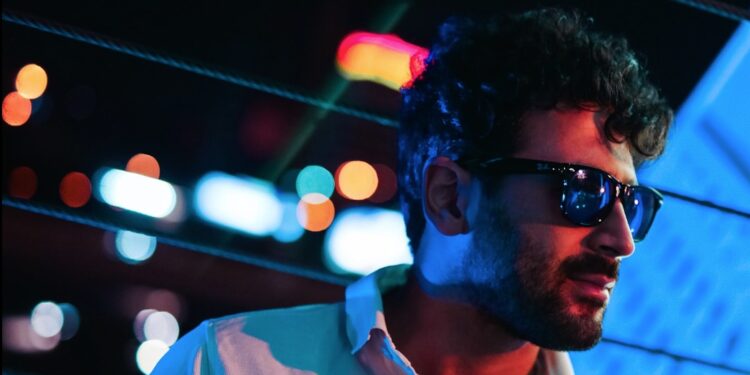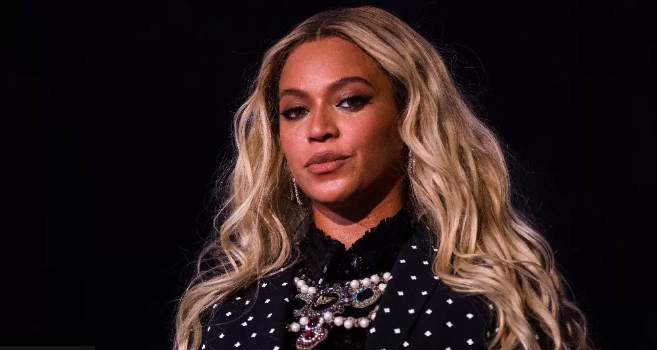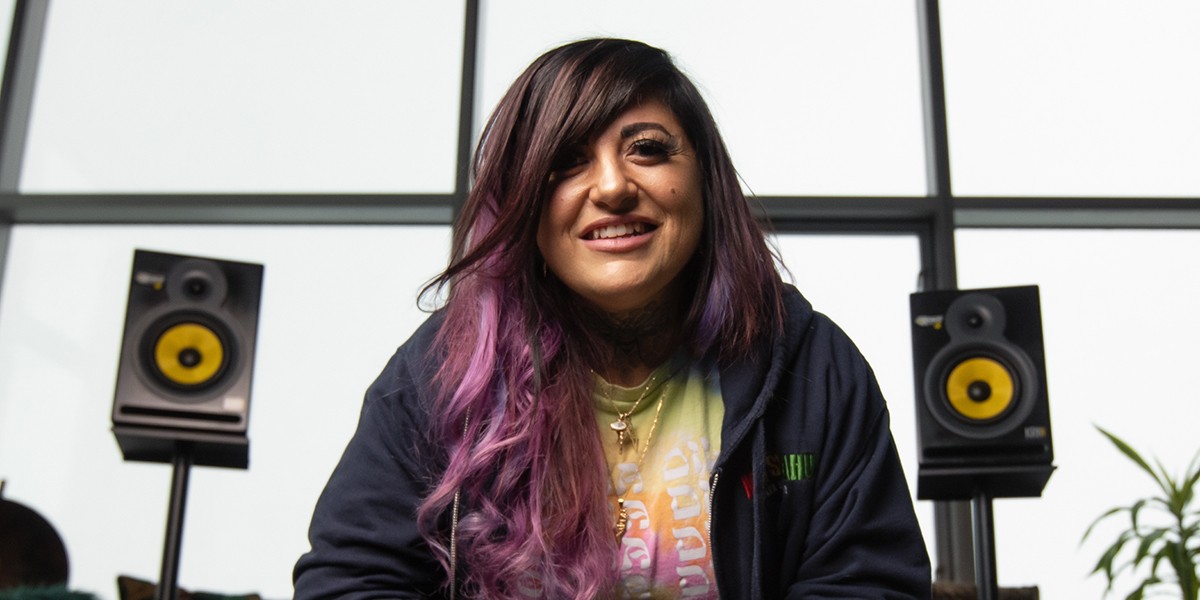Electronic music has become one of the most popular genres of music worldwide. It has been embraced by people of all ages and backgrounds, from the underground clubs of Berlin to the top of the charts in the United States. In this interview with DJ Ped1ne, we explore how electronic music became so popular and what it takes to be a successful DJ in this industry.
Q: When did you first start getting interested in electronic music?
Ped1ne: I first got interested in electronic music when I was in college in the late 90s. I was studying music production and was introduced to the software programs that were used to make electronic music. I was fascinated by the endless possibilities and the ability to create unique sounds that couldn’t be replicated with traditional instruments.
Q: How did electronic music become so popular?
Ped1ne: There are a few factors that contributed to the rise of electronic music. First, the technology to create electronic music became more accessible and affordable. This allowed more people to experiment with making their own music and led to the creation of new sub-genres.
Second, the rise of the internet and social media made it easier for electronic music to reach a global audience. Artists could release their music online and build a fanbase without the need for a record label or traditional promotion methods.
Finally, electronic music became associated with the club culture of the 90s and early 2000s. This led to a rise in popularity among young people who were looking for a new and exciting way to party.
Q: What does it take to be a successful DJ in the electronic music industry?
Ped1ne: Being a successful DJ in the electronic music industry requires a lot of hard work and dedication. It’s not just about playing good music, but also about creating a unique experience for the audience.
To be successful, a DJ needs to have a strong understanding of music theory, be able to read the crowd and adjust their set accordingly, and have a good ear for selecting tracks that work well together.
It’s also important to be creative and constantly push the boundaries of what’s possible. The best DJs are the ones who are always experimenting with new sounds and techniques, and are able to keep the audience engaged and entertained throughout their set.
Q: What do you see as the future of electronic music?
Ped1ne: I think the future of electronic music is very exciting. With advancements in technology, we’re seeing new sub-genres emerge and artists pushing the boundaries of what’s possible.
I also think we’ll continue to see more collaboration between electronic music and other genres, such as hip hop and pop. This will help to further popularize electronic music and bring it to new audiences.
Finally, I think we’ll see more live performances that incorporate electronic music with traditional instruments and other forms of art, such as visual projections and performance art. This will help to create a truly immersive experience for the audience and take electronic music to new heights.
In conclusion, electronic music has come a long way since its humble beginnings in the underground clubs of Europe. Thanks to advancements in technology and the rise of the internet, it has become a global phenomenon embraced by people of all ages and backgrounds. As we look to the future, it’s clear that electronic music will continue to evolve and push the boundaries of what’s possible, and DJs like Ped1ne will play a key role in shaping the industry for years to come.










